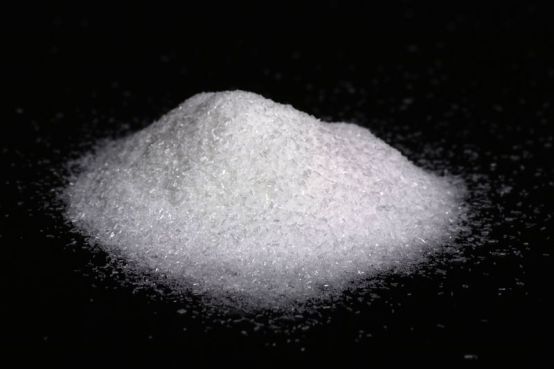- Joined
- Aug 20, 2022
- Messages
- 24,218
- Points
- 113
5 Surprising Facts About MSG vs Salt
Aug 30, 2024
The conversation about MSG, or monosodium glutamate, has been heating up lately, especially after popular health influencers like Aproko Doctor shared their insights. For years, MSG has been surrounded by myths and misunderstandings, often labelled as unhealthy or dangerous. But is there more to the story? Is MSG actually a safer option compared to your regular table salt? Let’s dive into the facts.
1. MSG vs. Salt: Understanding the Basics
When you think about flavouring your food, salt is likely the first thing that comes to mind. But what exactly is MSG? MSG is a flavour enhancer made up of sodium and glutamate, a naturally occurring amino acid. Many people don’t realise that glutamate is present in a variety of foods, including tomatoes, cheese, and mushrooms. While regular table salt, or sodium chloride, primarily provides a salty taste, MSG enhances the natural flavours of food without adding excessive sodium.
2. Sodium Content: MSG May Be a Better Choice
One of the major concerns with salt is its high sodium content. Excessive sodium intake has been linked to health issues like hypertension and cardiovascular disease. Interestingly, MSG contains about two-thirds less sodium than table salt, making it a potentially safer option for those watching their sodium intake. In fact, studies have shown that substituting salt with MSG in food preparation can help reduce overall sodium consumption without compromising taste.
3. MSG Is Found Naturally in Many Foods
Contrary to popular belief, MSG isn’t just a synthetic additive. Glutamate, the key component of MSG, is found naturally in many foods, including tomatoes, cheese, and even human breast milk. This naturally occurring glutamate has the same effect on our taste buds as the MSG added to food, enhancing the umami or savoury flavour. This fact challenges the notion that MSG is inherently unhealthy or unnatural compared to other types of salt.
4. Scientific Research Supports MSG’s Safety
Over the years, MSG has been the subject of numerous studies and reviews by health organisations worldwide. The U.S. Food and Drug Administration (FDA) has classified MSG as “generally recognized as safe” (GRAS). Similarly, the World Health Organization (WHO) and the European Food Safety Authority (EFSA) have concluded that MSG is safe for consumption at normal levels. These findings suggest that the fears surrounding MSG might be more about perception than scientific fact.
5. MSG Can Enhance Flavour with Less Sodium
One of the biggest advantages of using MSG over traditional salt is its ability to deliver more flavour with less sodium. This makes it an excellent option for those looking to reduce their sodium intake without sacrificing taste. In a world where high sodium consumption is linked to serious health issues, MSG offers a promising alternative.
Conclusion: Is MSG Safer Than Salt?
So, is MSG safer than salt? The answer might surprise you. While salt is a staple in most kitchens, the benefits of using MSG, especially in terms of sodium reduction, are compelling. With research backing its safety and its natural presence in many foods, MSG could be a healthier option for enhancing flavour. However, as with all things, moderation is key. The next time you reach for the salt shaker, you might want to consider MSG as an alternative.


